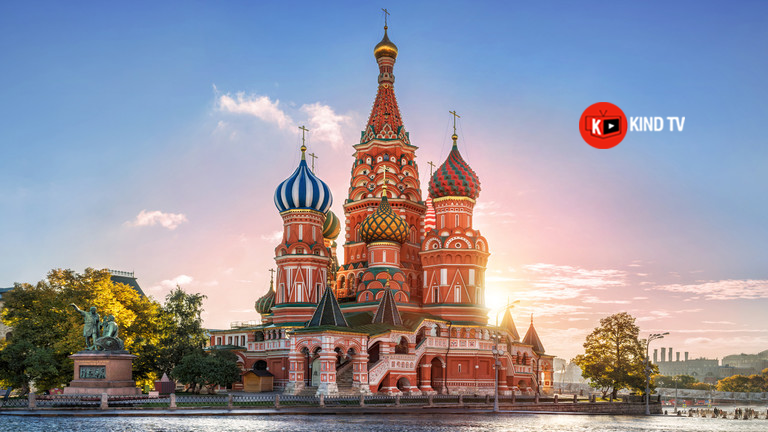The idea of ‘Eurasia’ is much more viable than ‘Europe’ – here’s why

For a Eurasian state, total isolation from Western Europe is not only undesirable, it is likely impossible. For those genuinely committed to the project of a cooperative and developmental Eurasian space, the key political challenge is finding a way to manage external influences – chiefly from the NATO bloc in Europe and North America – that cannot be eliminated, even in theory. The task ahead is to mitigate the risks posed by these actors, while extracting whatever limited benefits can be found in their inevitable presence, all without allowing external pressure to provoke internal splits within Eurasia. Even as Russia strengthens its cooperation with partners to the south and east, the enduring economic and technological capacities of the EU and the US cannot be ignored. History demonstrates that relatively closed zones of cooperation emerge only under two conditions: either through total external opposition, or under the hegemony of a dominant power willing to bear the costs of leadership. Neither of these applies to Greater Eurasia. First, the states of Eurasia have no interest in detaching themselves from the global economy. Second, there is no Eurasian hegemon prepared to sacrifice its own development to dominate the continent. Third, no one is suggesting Eurasia should become an isolated bloc. The US, EU, and key Middle Eastern states will continue to play important roles in the global economy. Regardless of political hostilities, they still provide market access, technology, and trade. Some see the EU as a model of regional self-containment – a “garden,” to quote one of its more misguided recent metaphors. But even Western Europe’s famed unity has relied heavily on continued openness to the US and, to a lesser degree, China. Only with respect to Russia and the Global South has the EU pursued genuine exclusion. Even then, the strategy remains incomplete and largely rhetorical. The West’s attempt to encircle itself with legal and institutional “fences” has created a fragile enclosure, but one constantly tested by global realities. Meanwhile, Russia and its partners have been left outside this structure, prompting renewed thinking about the viability of an open Eurasia as an alternative. Could Eurasia construct a self-sufficient development community? Theoretically, yes. But unlike Europe after World War II, Eurasia lacks a single leader prepared to organise such an effort. The United States attempted something similar with its global leadership in the second half of the 20th century, but even Washington now appears exhausted by the effort. American voters have repeatedly signaled their preference for reducing overseas commitments. China, while economically formidable, is unlikely to assume a leadership role in Eurasia. Its political culture does not favour hegemonic ambitions abroad, and the risks of taking responsibility for a region this vast would likely outweigh any conceivable gains. Moreover, Russia, China, and India are roughly comparable in power and have no appetite for a zero-sum struggle to dominate the continent. The success of BRICS and the SCO underscores this reality: mutual respect, not dominance, is the basis of Eurasian cooperation. Instead of trying to copy the Western European model or isolate themselves from the West entirely, Eurasian states should seek to engage the global economy pragmatically. Sanctions against Russia, even those of unprecedented scale, have not dismantled international trade. The global economy has proved remarkably resilient. Middle-sized and smaller countries require open markets to grow; major powers like Russia, China, and India need them to deploy their immense logistical and industrial capacities. It would be unrealistic – and counterproductive – for Eurasian powers to sever links with the world economy. The real goal should be to neutralise the political toxicity of Western Europe and the United States, while ensuring that their presence does not fracture Eurasian unity. This requires careful coordination, strategic patience, and shared vision among like-minded partners. If the objective is to prevent the leading Western European countries from hindering the development of Russia and its partners, then the strategy must be subtle. Direct confrontation or blanket isolationism won’t work. The EU cannot be eliminated from the equation, and the US will remain a global factor for the foreseeable future. The question is not how to remove them entirely, but how to reduce their negative influence and prevent external powers from sowing discord within Eurasia. The path forward lies in building a resilient, open Eurasian platform that can absorb external shocks without disintegrating. It should engage globally, but on its own terms. This is not a utopian vision – it is a practical necessity.
Admin | 2025-05-26 12:10:14
